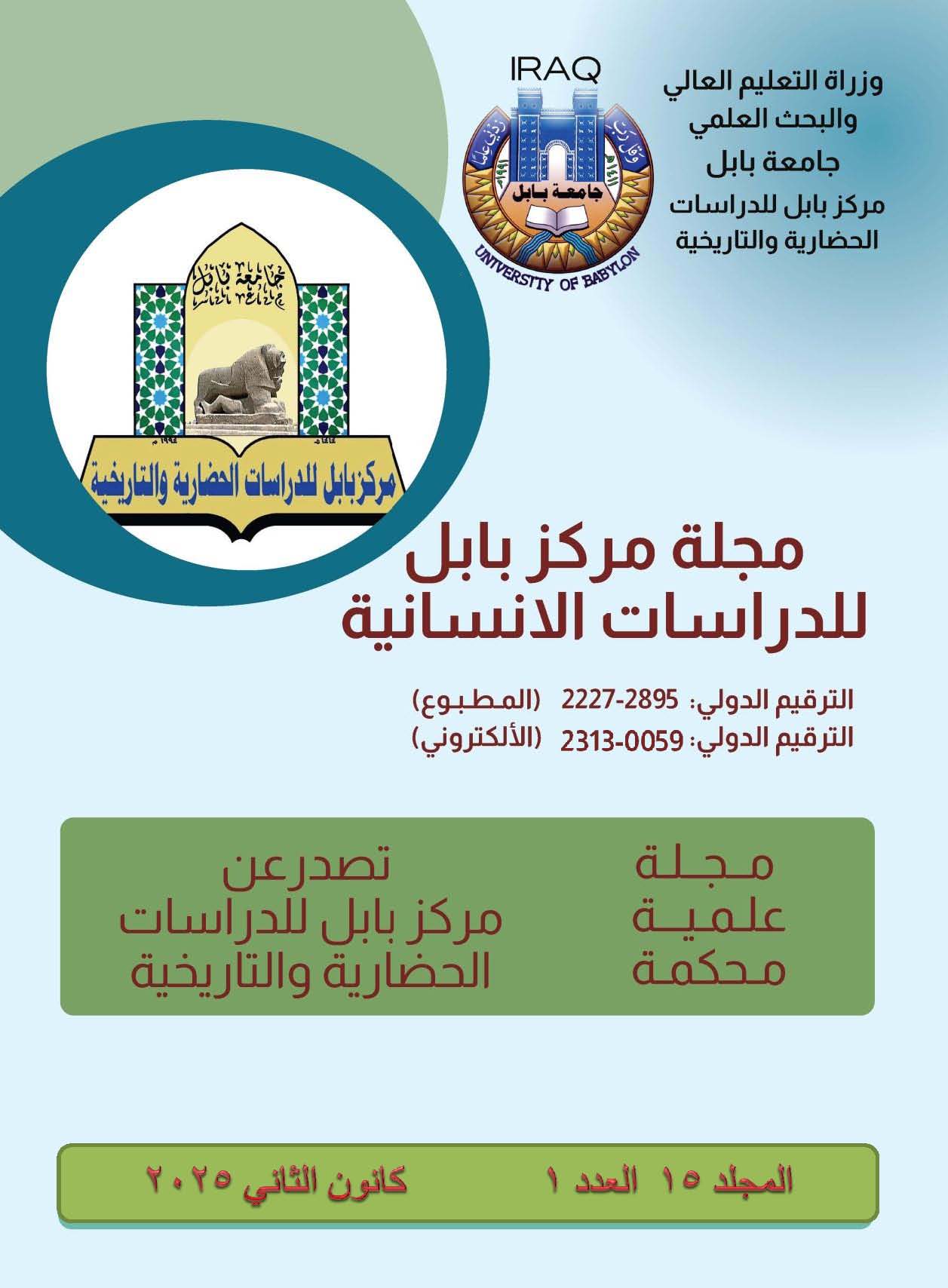The law that is best for the accused in Iraqi and French legislation and international conventions (A comparative study)
Keywords:
The Most Favorable Law for the Accused, Iraqi Legislation, French Legislation, International Treaties.Abstract
The principle of the most favorable law for the accused emerged from the economic crises accompanying wars. These wars played a significant role in directing the will of states towards restricting economic transactions، which led to the issuance of various legislations to curb currency smuggling and price hikes. For these laws to be effective، it was crucial to provide them with legal backing supported by the legislature through criminal procedures. Given that wars are predominantly temporary، the same temporary nature often applies to the laws enacted during those periods. This raised the need to answer an important question: In the event of repealing those laws and returning to the ordinary laws that preceded the emergency laws، should the most favorable law for the accused be applied to crimes committed during the period when those laws were in effect? The importance of this principle increased significantly with the advent of the twentieth century. The subject gained significant importance as scholars diligently sought to address this issue at its roots. Hence، our study discusses the principle of the retroactive effect of the most favorable law for the accused and its significance in Iraqi، French، and international legislation. We examined this topic through two main sections. In the first section، we discussed the concept of the most favorable law for the accused by exploring its linguistic and terminological aspects. Regarding the terminological aspect، we addressed the concept from the legal، legislative، and judicial perspectives. In the second requirement، we addressed the legal basis for the most favorable law for the accused، reviewing the texts that adopted this principle، whether they were derived from international covenants and treaties or from Iraqi and French constitutional and penal legislators. To complete our study، the second section focused on the characteristics of this principle، which was the main topic of the first requirement. We discussed temporary laws as an exception to the application of the principle under study. Finally، in the conclusion of our research، we reached a set of results and presented the key recommendations that the researcher believes will benefit the study and its intended purpose.







